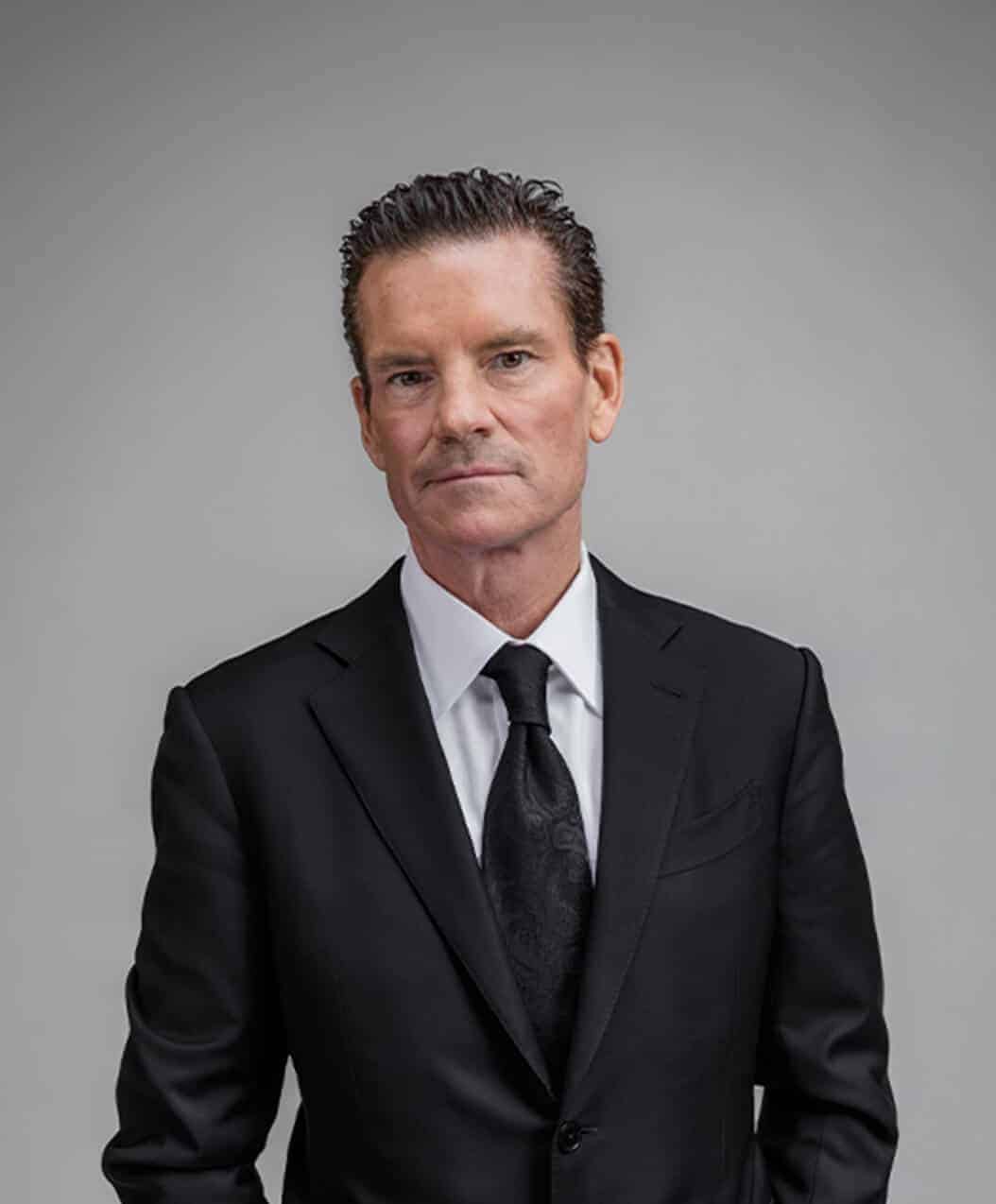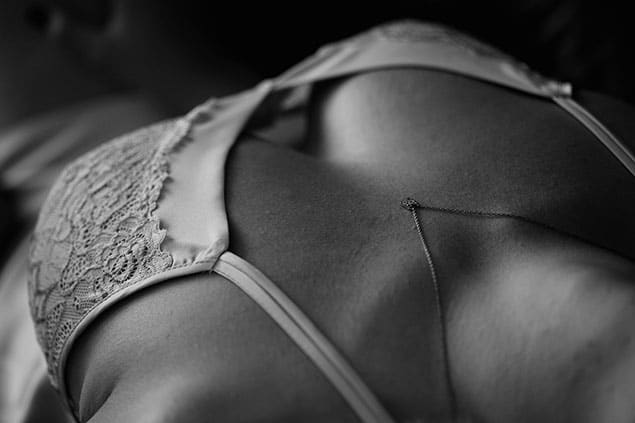September 7th, 2024
Dr. Mulholland, Md
Are you struggling with male pattern baldness? Looking to achieve a more attractive hairline? Whether you want to achieve a natural-looking hairline or eliminate bald patches, a hair transplant is a great procedure to consider receiving. This cosmetic procedure can provide natural-looking results and is a permanent solution for common conditions like male-pattern baldness.
However, before considering the procedure, you must revisit your approach to health and nutrition. Proper nutrition plays a pivotal role in the success of your hair transplant. If you aren’t getting enough vitamins, minerals, and nutrients into your diet, you may not see new visible growth from the harvested hair follicles.
In this article, we’ll explore the best foods for hair transplant recovery so you can adjust your everyday routine accordingly. Here’s everything you need to know about promoting strong and healthy hair:
Popular Hair Transplant Techniques
The most popular hair transplant techniques include FUE (Follicular Unit Extraction) and FUT (Follicular Unit Transplantation). Both approaches are minimally invasive and can deliver long-lasting results for the hair transplant patient. Here’s how the two hair transplant surgery techniques differ:
- FUE: During a FUE, individual hair follicles are harvested from the donor. This procedure leaves a tiny dot scar from the harvest area. The scars generally heal quickly and return to normal after a few weeks.
- FUT: With a FUT hair transplant, a strip of hair follicles is harvested from the donor. The strip of skin is typically taken from the back of the head. This procedure does leave a linear scar that is much more noticeable for individuals with short hair.
A certified plastic surgeon will discuss the two treatment options with you and provide recommendations based on your aesthetic goals and desired outcome. Meanwhile, you can read our article on FUT vs. FUE for more context.
Essential Nutrients for Post-Hair Transplant Recovery
During your consultation, your plastic surgeon may recommend you adjust your diet for post-procedure hair healing and growth. You’ll need to prioritize proper nutrition and eat foods that contain vitamins and minerals for hair regrowth. Vitamins your plastic surgeon may ask you to prioritize include:
- Vitamin C: Powerful antioxidant that can help stimulate hair growth and collagen production.
- Biotin: Helps support hair growth and strengthen hair.
- Iron: Help stimulate hair growth and improve hair texture.
- Zinc: Helps eliminate dandruff and maintain scalp health.
- Copper: Increases collagen and elastin production to improve hair structure and strength. Also helps with scalp health and hair loss.
A nutrition plan with these vitamins and nutrients can help speed up the healing process after the procedure and promote hair growth.
Dietary Recommendations for Hair Transplant Patients
The foods you eat directly affect hair health. A plastic surgeon may provide nutritional recommendations before and after your hair transplant procedure. Here are some general food and diet recommendations they may make on what to eat after hair transplant:
Foods to Eat
Poultry and Lean Proteins
Eggs
Almonds, Walnuts, and Nuts
Fruits and Vegetables
Whole Grains
Green Leafy Vegetables
Seafood and Fatty fish
Foods to Avoid
Alcohol
Coffee
Salty Foods
Sugary Foods
Spicy Foods
Overly Processed Foods
It’s important that you prioritize foods that are high in protein, omega-3 fatty acids, and antioxidants in your healthy nutrition program. You’ll also want to avoid foods that can cause inflammation or impact blood flow.
Potential Nutritional Problems and Their Impact
There are several nutrition problems that can impact your hair transplant results and the healing process. Some of the most common nutritional deficiencies include:
Protein Deficiency
Individuals not getting enough protein in their diet may be more likely to struggle with hair thinning or shedding. When the body receives adequate protein amounts, it gains the “building blocks” needed to support healthy hair growth. You’ll want to prioritize meat, poultry, and eggs to get more protein in your daily diet. You’ll also want to consider making high-protein swaps in your diet to ensure you’re hitting your daily protein intake goal.
Vitamin Deficiency
Individuals with vitamin deficiencies are more susceptible to hair loss. Vitamins like vitamin C, iron, and zinc are essential nutrients your hair and scalp need during a hair transplant recovery. Without these nutrients, you may see slow hair growth or a slower healing process after your hair transplant. You can get more of these vitamins into your diet through different foods or daily dietary supplements.
Biotin Deficiency
Biotin is essential for skin, hair, and nail health. Low levels of biotin can lead to dry, brittle hair. It can also impact hair strength and hair growth. You can get more biotin in your diet through nuts, eggs, and whole grains. You can also consider adding a dietary supplement to your daily routine for keeping your hair healthy.
Dehydration
Dehydration can impact your scalp health and your hair’s integrity. If you aren’t drinking an adequate amount of water, your regrowth may grow slower, impacting your hair transplant results. It’s typically recommended for women to drink at least 11.5 cups of water and for men to drink 15.5 cups of water a day for optimal health.
Nutritional problems can make it more challenging for your hair to grow back. If you have any nutrient deficiencies or concerns, consider consulting with your healthcare provider before your hair transplant procedure. They can help you revisit your diet to align with your health goals to ensure you get enough vitamins and minerals for hair regrowth.
The Role of Supplements in Hair Transplant Recovery
Adding supplements to your diet can help you get more nutrients and vitamins into your diet. A high-quality dietary supplement is designed to support your overall health and provides your hair and scalp with the nutrients you need for regrowth. However, it’s important to remember that supplements can’t replace a well-rounded, balanced diet. You must prioritize getting nutrients from the foods you eat daily to ensure you are getting enough nutrients to support your new hair follicles.
Before adding a supplement to your routine, it’s important that you consult with your healthcare provider. Your healthcare provider will help you determine if a dietary supplement is a suitable solution for your health.
Conclusion: Integrating Diet Into Hair Transplant Care
If you don’t follow your plastic surgeon’s recommendations, you may not see the results you want from the procedure. Supporting hair growth by proper nutrition plays a pivotal role in your overall health and the success of your hair transplant. If you don’t prioritize the right vitamins and nutrients, your hair transplant may not deliver your desired results. Like we’ve stated before – for a successful hair transplant, fatty acids and protein are absolutely essential.
Prioritizing your nutrition is a vital part of the hair transplant recovery process. Before the procedure, your plastic surgeon will provide nutrition recommendations so you can adjust your diet before and during post-op.
The team at Toronto Plastic Surgery is here to help you adjust your diet and prepare for your hair transplant procedure. Our team is here to help you get one step closer to your hair goals and ensure you have a nutrition plan set in place before the procedure.
Contact us today for a consultation.



